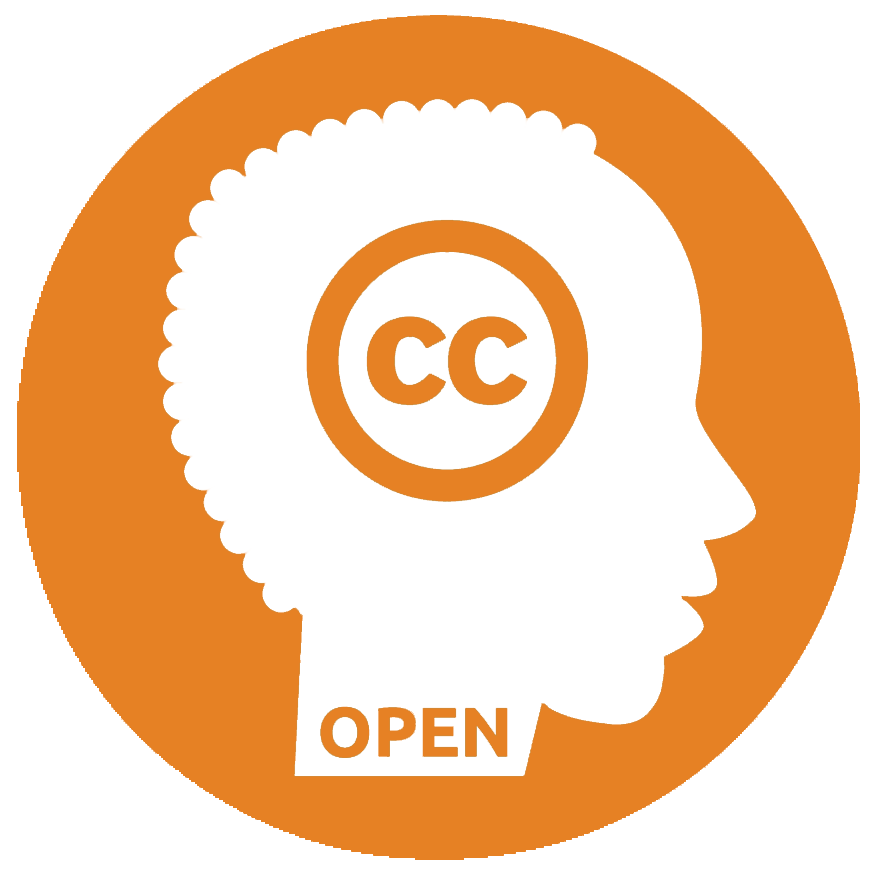Effects of game‐based learning on students' mathematics achievement: A meta‐analysis
Resource type
Journal Article
Authors/contributors
- Tokac, Umit (Author)
- Novak, Elena (Author)
- Thompson, Christopher G. (Author)
Title
Effects of game‐based learning on students' mathematics achievement: A meta‐analysis
Abstract
This meta‐analysis investigated the effects of learning video games on mathematics achievement of PreK‐12th‐grade students compared with traditional classroom instructional methods. Results from the 24 collected studies showed heterogeneity among effect sizes, both in magnitude and direction. Using a random effects model, a small but marginally significant overall effect (dRE ¼ 0:13; p ¼ :02) suggested that mathematics video games contributed to higher learning gains as compared with traditional instructional methods. In addition, moderator analyses were mixed in terms of statistical significance and explored effect‐size heterogeneity across effects using grade level, instrument type, length of game‐based intervention, country, publication type, and study year characteristics. Overall findings indicate that video games are a slightly effective instructional strategy for teaching mathematics across PreK12th‐grade levels.
Publication
Journal of Computer Assisted Learning
Volume
35
Issue
3
Pages
407-420
Date
06/2019
Journal Abbr
J Comput Assist Learn
Language
en
ISSN
0266-4909, 1365-2729
Short Title
Effects of game‐based learning on students' mathematics achievement
Accessed
27/09/2022, 11:58
Library Catalogue
DOI.org (Crossref)
Citation
Tokac, U., Novak, E., & Thompson, C. G. (2019). Effects of game‐based learning on students’ mathematics achievement: A meta‐analysis. Journal of Computer Assisted Learning, 35(3), 407–420. https://doi.org/10.1111/jcal.12347
Link to this record

